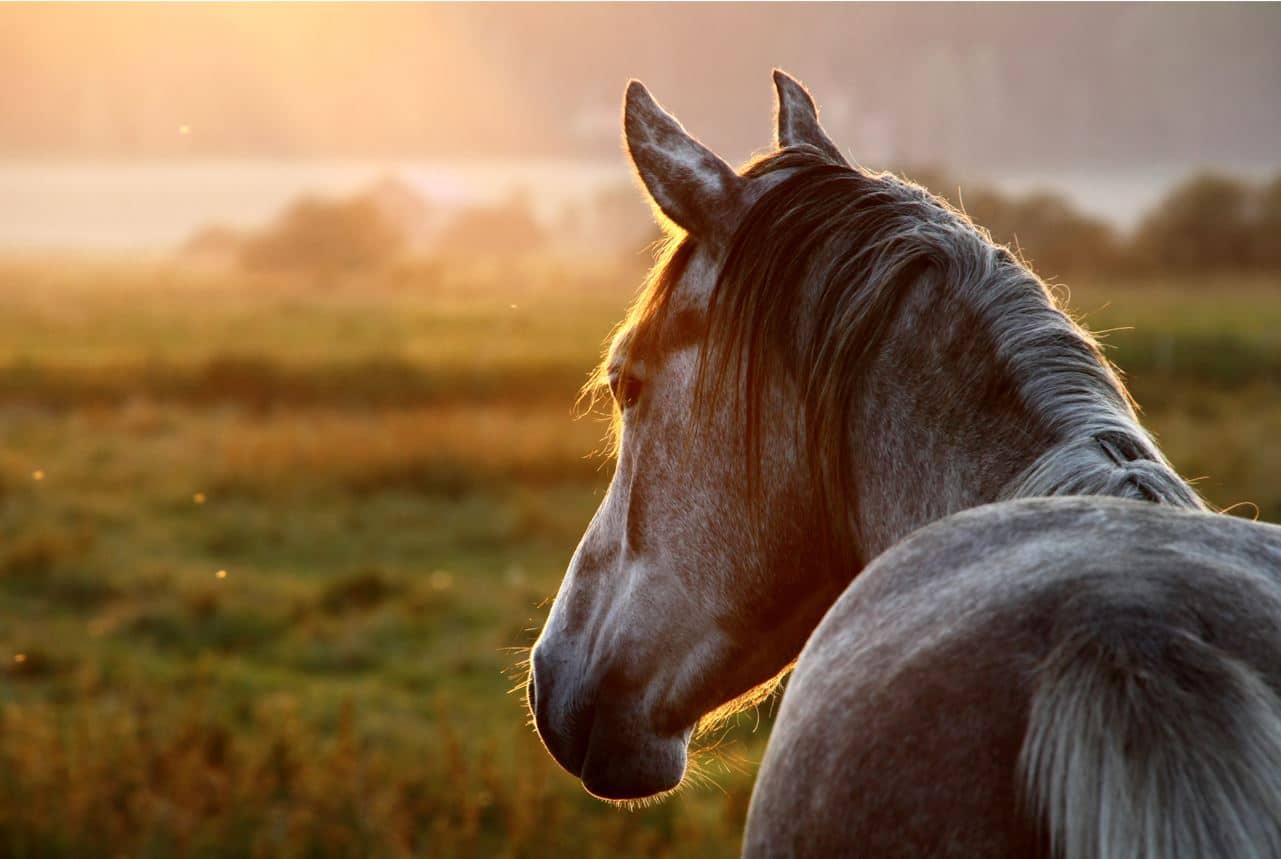How do you feed a horse with myositis ?
What is myositis ?
Myositis, also commonly known as “bloodshot”, is a disease that destroys the striated skeletal muscles of the horse. A horse with myositis has very painful, generalized cramping. It can occur sporadically (e.g. during or after strenuous exercise, or after a stressful situation) or recurrently. But myositis can also be a chronic genetic disease called RER or PSSM (type I and type II). RER (Recurrent Exercise Rhabdomyolysis) is related to a defect in the regulation of calcium in the muscle cell, while PSSM (Polysaccharide Storage Myopathy) is related to a problem of energy storage in the muscle cell.
How can I adjust my horse’s diet in the case of myositis ?
Proper feed management can be effective in preventing a recurrence of PSSM. Since this disease is related to poor energy absorption, the horse’s diet should minimize the amount of glucose in the bloodstream, since its metabolism converts it to polysaccharides (which are not used to meet exercise demands). A horse feed low in starch (contained in cereals) and carbohydrates is therefore strongly recommended. Your horse’s ideal ration should be rich in fiber (almost exclusively forage, whenever possible) and fat. It is also very important to reduce rations when the horse is resting or convalescing. The composition of H150 horse feed (fiber and pellets) corresponds to the needs of horses with myositis. It is not only low in starch, but also contains antioxidants and pre-biotics and probiotics, which helps to secure the horse’s digestive transit.
What supplements should be added to the diet of a horse with myositis ?
In order to protect the horse’s muscle cells against oxidative stress, vitamin E and selenium supplements can be recommended for your horse.
You can add them to your horse’s ration to help their metabolism for a good functioning of their muscle mass and a better recovery after the effort. To this end, the C600 horse food supplement helps to improve the horse’s heart function and eliminate toxins such as CPK and AST thanks to its omega 3 and antioxidant content.
What other factors should be considered in the prevention of myositis?
In addition to proper feed management (adjusting the horse’s diet and avoiding overfeeding), other measures can help your horse. These include a calm environment (some cases of myositis can be triggered by stress) and regular, progressive training (stall rest should be avoided).



